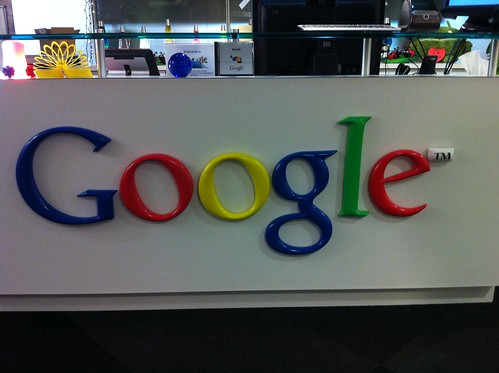Welcome to episode 28 of the EdTech Situation Room from November 9, 2016, where technology news meets educational analysis. This week Jason Neiffer (@techsavvyteach) and Wesley Fryer (@wfryer) briefly discussed the historic and surprising (to many) U.S. Presidential election result, but spent the majority of the show talking about “Digital Citizenship in the Surveillance State.” Wes and Jason have submitted a proposal for ISTE 2017 on this topic (www.edtechSR.com/nsa) and Wes will be sharing a TEDx talk on this subject in Enid, Oklahoma, on November 19th. This week’s discussions served, in part, as brainstorming and preparation time for both of those presentations. In addition to the “related resources” available at the bottom of www.edtechSR.com/nsa, check out the “Guiding Questions” we used for the show on our shownotes page at www.edtechSR.com/links. Some of the questions we addressed in this show included: What personal stories can you share which highlight the importance of this discussion about surveillance? What is the current state of surveillance in the United States and why does it matter? Where do you draw the line between reasonable awareness / concern about surveillance and paranoia / unreasonable fear? How can people best stay up to date on surveillance issues? Geeks of the week included “Google Home” (Jason) and “CMRA for Apple Watch” (Wes). Check out past episode shownotes on https://edtechsr.com/links and be sure to follow @edtechSR for updates on Twitter http://twitter.com/edtechsr as well as on Facebook. If you listen to the show, please submit our listener survey using the shortened link http://wfryer.me/edtechsr which forwards to a Google Form. Your feedback and suggestions on the show are appreciated!
Shownotes:
- EdTech Situation Room Listener Survey: wfryer.me/edtechsr
- Follow @edtechSR on Twitter!
- Audio podcast feed (Subscribe with iTunes or Stitcher)
- Video version on YouTube
- Check out our video podcast feed and subscribe to our YouTube Channel (episodes also in this YouTube playlist)
- Jason Neiffer (@techsavvyteach)
- Wesley Fryer (@wfryer)
- Staying On Message in the Classroom After the Election (post by Wes, 8 Nov 2016)
- The USA is Lesterland by Lawrence Lessig (@lessig)
- Fix Democracy First (@fixdemocracy1st)
- “The Third Wave” by Alvin Toffler
- ISTE 2017 Proposal and Related Resources: “Digital Citizenship in the Surveillance State”
- If You’re Not Paranoid, You’re Crazy by Walter Kirn (@walterkirn)
- Guiding Questions about “Digital Citizenship in our Surveillance State” available on our shownotes Google Doc (listed below)
- What personal stories can you share which highlight the importance of this discussion about surveillance?
- What is the current state of surveillance in the United States and why does it matter?
- Where do you draw the line between reasonable awareness / concern about surveillance and paranoia / unreasonable fear?
- How might political changes in government (in the U.S. or elsewhere) present moral/ethical challenges for leaders or citizens?
- Why is privacy and encryption important in our surveillance state?
- Should software creators be required to make “back doors” available to government authorities?
- How do we know what we think we know about surveillance today?
- How should our knowledge about surveillance today change the way we live our lives?
- Should we limit generous online digital sharing?
- Did Edward Snowden act as a moral whistleblower or immoral traitor?
- How should discussions about surveillance fit into “digital citizenship” lessons and curriculum for students in schools?
- What regulatory limits should government impose on corporate surveillance?
- What limits should there be on government surveillance?
- Is rise of the surveillance state inevitable?
- What software tools and advocacy initiatives are important to support to curb corporate and governmental surveillance?
- How can people best stay up to date on surveillance issues?
- Collaborative Flipboard Magazine: “Surveillance State, Privacy and Citizenship”
- Collaborative Flipboard Magazine: “Digital Security”
- Twitter Lists: twitter.com/wfryer/lists/security/members and twitter.com/wfryer/lists/surveillance/members

